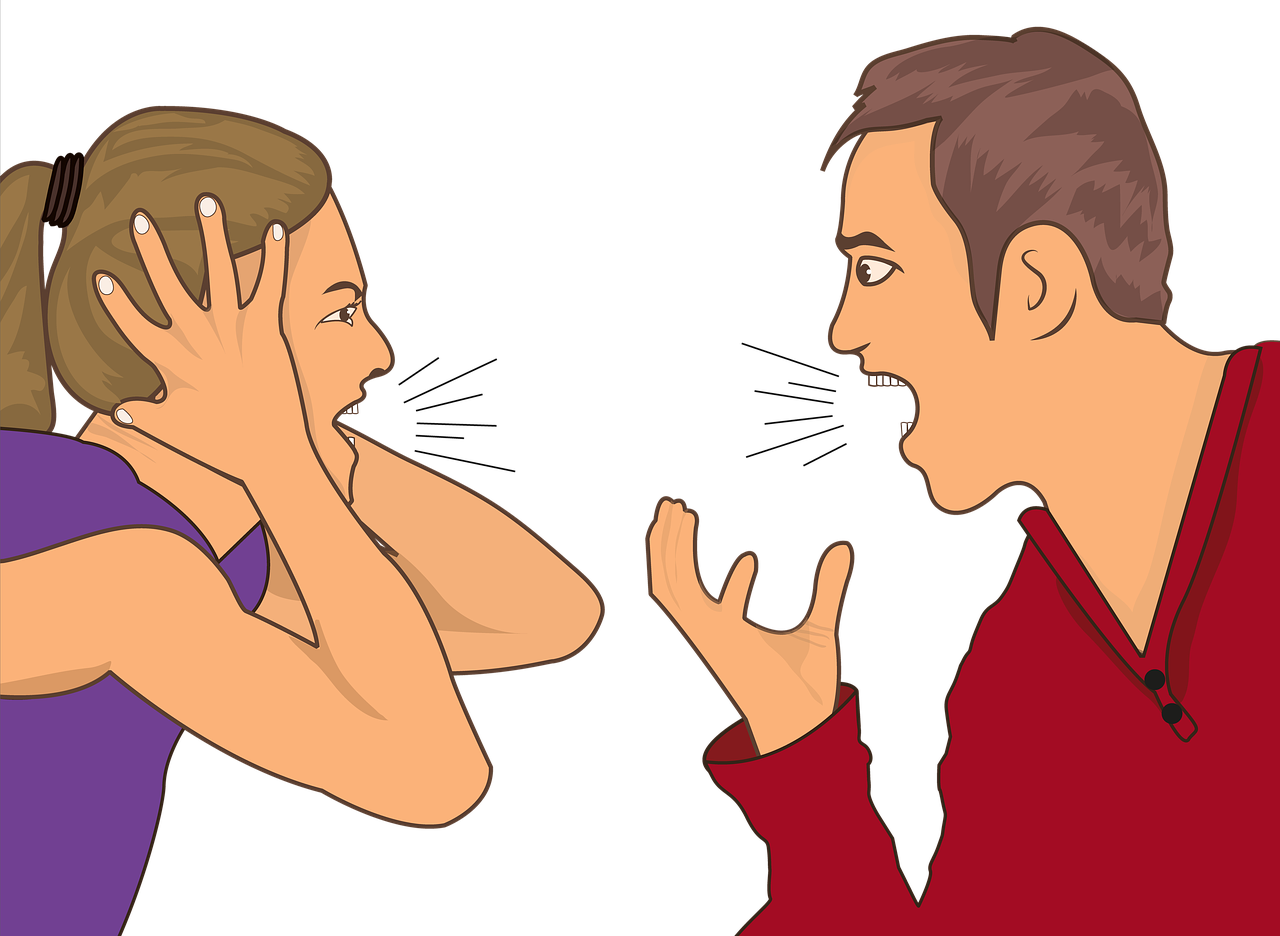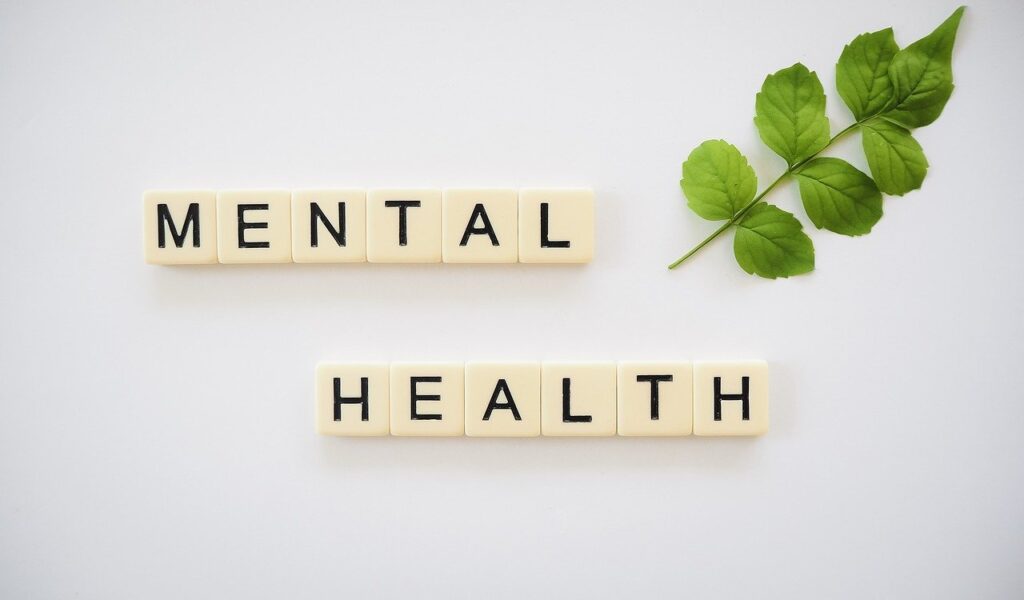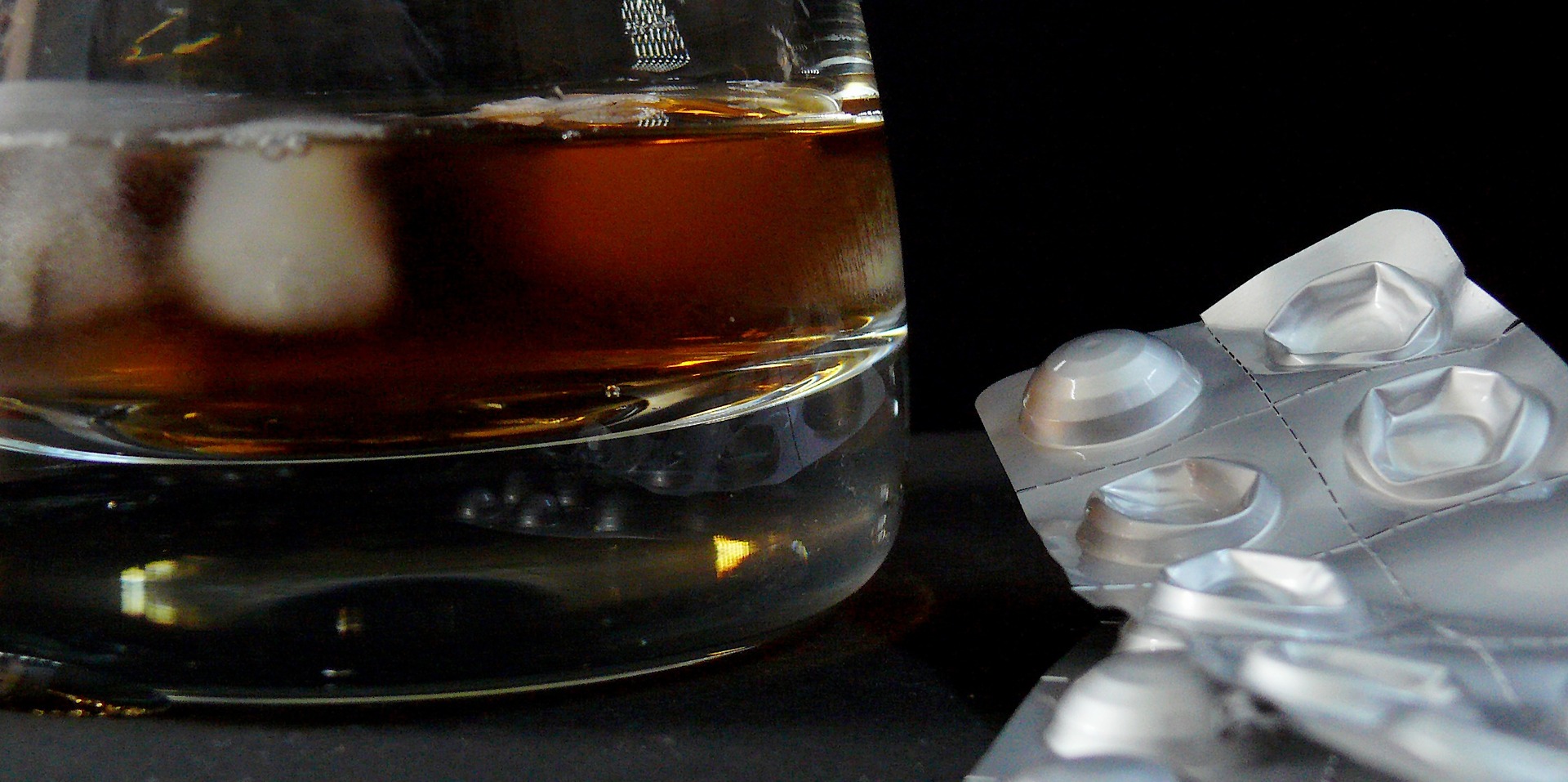Inpatient Couples Rehab Las Vegas Nevada
Las Vegas Couples Rehab Center
Are you looking for a couples rehab in Las Vegas? Have you tried to enter a couples rehab only to find out they want to separate you and your partner? Finding a Las Vegas couples rehab that allows same room recovery shouldn’t be that hard. After all the whole point of finding a couples rehab is to go in as a couple right? Speak with representitive now to go over your options. Couples Addiction Treatment Helpline: 888-325-2454 Are you looking for couples rehab near me? The first step into entering a rehab for couples in Las Vegas is for you and your partner to complete an assessment. This will involve the both of you speaking with an admissions director about your medical and mental history. It is important to answer honestly to insure they can prepare the proper medical treatment for you.
Steps to Get Into a Couples Rehab Las Vegas Nevada
Addiction to drugs carries severe repercussions, which are exacerbated for couples who abuse drugs on a daily basis. Similar to tossing a stone into a pond, the ripples spread outward. This is an issue that must be resolved as soon as possible. Here are some measures to enroll in a couples rehab near me for drugs and alcohol:Step 1: Accept the Existence of the Problem
Drug addiction is straightforward to recognize, but it can be challenging to treat since many people struggle to acknowledge their addiction. Nonetheless, admitting and embracing the reality of the situation is the initial and most significant phase in solving any issue. This is the reason you should sit down and have an open discussion about the matter if you and your partner take drugs together. This entails realizing how common drug usage is, how it affects your relationships, and eventually considering how to get treatment. Among the signs of substance abuse are:- repeated arguments or disputes over addiction to substances,
- significant personality changes or mood swings while under the influence of alcohol or drugs,
- persistent substance use in spite of downsides
- Inattention to duty or a dysfunctional romantic relationship.
Step 2: Search for a Rehab Center
Once the substance abuse issue is acknowledged and the decision to take action is taken, things become easier. Finding an effective local drug rehab for couples is the next step. There are several ways to find the best inpatient drug rehab for couples: you can look it up on Google or call a drug hotline. Before committing to a couples drug rehabilitation program, consider the following aspects:- The staff’s and the doctors’ qualifications
- Treatment modalities available
- Fee-related issues, like the treatment’s cost
- Verify whether your insurance plan is accepted by the facility.
- Success ratio for aftercare assistance
Step 3: Book an Appointment
Now that you’ve identified an appropriate drug rehab for couples near you. The following action involves scheduling a visit at the married couples drug recovery center. To do that, just give the number shown on the website a call and get in touch with a representative. Consider compiling a list of any inquiries you would like to make of the staff before giving them a call and setting up an appointment. Examples of questions can include:- Which treatments do you use?
- In what ways does your rehab accept couples?
- Do you offer group or private counseling sessions?
- What occurs if my spouse decides to quit the program before it is finished?
- What MAT program has received FDA approval?
- Will Telehealth Services be Provided to Me?
Couples Detox Las Vegas Nevada
Entering a couples detox for addiction treatment in Las Vegas is an important step in a patient’s recovery. Withdrawal symptoms are one of the worst parts of this process, but with the right medication, these symptoms can be lessened and made tolerable. Withdrawal from alcohol or drugs can be a terrifying experience, but medically supervised detox helps patients cope with the experience and avoid relapse. Getting through detox is the first step to achieving recovery. To learn more about what the best couples rehab Nevada has to offer, contact our helpline. A medically supervised detox may be the best choice for people with a long history of substance abuse or those who are suffering from a family history of substance abuse. While medical professionals cannot completely eliminate all symptoms, they can help patients get comfortable. Although withdrawal from substances is uncomfortable, it is a necessary step toward a person’s recovery. Besides, they will be able to connect the patient with support services and help them cope with their new life. There are different types of detox for addiction treatment. The most commonly used method is inpatient detoxification, which is considered the safest and most effective method. During the detoxification process, a person’s body releases the addictive toxins. The process may take up to a week or more, depending on the patient’s tolerance. The process may be uncomfortable or painful, but it should be bearable for one to three days. Inpatient and outpatient rehab are both beneficial in the early stages of recovery. Drug detoxification is not considered an addiction treatment, but rather a medically supervised withdrawal from substance abuse. It involves an acute process of removing addictive substances from the body. During this process, the patient will quit the addictive substance for good and begin to regain control of their lives. This is sometimes called going “cold turkey.” When a person stops using a substance, they often slip back into it again. During detoxification, a patient may become relapsing or have problems with the process of disengaging from the sin.

Inpatient Couples Rehab Las Vegas Nevada
Attending an inpatient couples drug rehab in Las Vegas has several advantages over outpatient care. For example, outpatient treatment allows people to continue their regular lives and attend school, while inpatient treatment limits exposure to triggers that could jeopardize the patient’s recovery. Another advantage of outpatient rehab is that it is more affordable and provides social support. However, it is important to know what to expect when choosing an outpatient drug rehab. If you or someone you love is considering entering an inpatient rehab, read on to learn more about the pros and cons. Inpatient treatment programs require residents to stay at the treatment facility full-time for a predetermined period of time. These programs are generally 30 to 90 days long. During this time, residents will receive ongoing education and skill training. While they’re in rehab, they will remain in touch with other program graduates. This means that the process of recovery doesn’t end when the program is over. Rather, aftercare is essential for a long-term recovery. While inpatient rehab programs are highly intensive, the goal is to help patients become sober. Inpatient programs will teach an addict to be responsible and build a relapse prevention plan. These plans will teach the patient how to recognize the signs of a relapse and provide accountability for their actions. After rehab, inpatient treatment can help the patient become more responsible for their lives. Inpatient drug rehabilitation also helps patients connect with lifelong support and relapse prevention services, allowing them to continue their recovery after they leave the rehab facility. Couples Addiction Treatment Helpline: 888-325-2454 Inpatient rehab programs are more costly than outpatient treatment because they require a higher level of medical care and support. Inpatient rehab also requires higher certification and training than outpatient treatment. The duration of the program depends on the substance that the patient needs to treat. This level of care and support is more extensive and costly than outpatient rehab. The duration of inpatient drug rehabilitation may vary depending on the severity of the addiction, so it’s important to research different options before making a final decision. Inpatient drug rehab is a good option for people who want to stay away from temptations and receive a more personalized program. Inpatient programs usually include counseling sessions, family therapy, and life skills training. They can also help those suffering from addictions cope with coping with the stress of the environment and the withdrawal symptoms. They are a great choice for those who are struggling with addiction. When you’re ready to go inpatient, you’ll be amazed at how well the process works. Couples inpatient rehabs are more intensive than outpatient programs. Inpatient drug rehabilitation programs are typically two to four months long. Outpatient treatment is often part-time and requires less supervision, but it is crucial for the patient to be under constant medical supervision. Inpatient drug rehabs are ideal for those who are dealing with severe or chronic addictions. They can also help those who are struggling with a family member’s addiction.
Outpatient Couples Rehab Las Vegas
Couples outpatient drug rehab is a type of treatment that allows recovering addicts to live and work at home. It also allows them to continue attending school and working. This type of treatment allows loved ones to monitor the progress of their loved one and help them cope with the consequences of their actions. Outpatient rehab can be costly, but the costs are generally not as high as those of inpatient programs. The length of treatment is also a consideration. Outpatient programs for couples and individuals are more affordable than inpatient drug rehab. They also allow patients to remain at home with their family and continue to take care of themselves and their dependents. Unlike inpatient programs, they do not require a long period of time off work. Most outpatient treatment centers also emphasize family involvement and support. There are many benefits to outpatient rehab, but the main benefit of this type of treatment is that it is often more flexible. Outpatient treatment programs are not suitable for everyone. While inpatient couples rehab centers require clients to stay on campus for up to 90 days, outpatient rehab programs require people to attend several days a week. Outpatient drug treatment allows patients to continue to live their lives while receiving the necessary care. Outpatient rehab can also provide a lower level of care if an individual has limited resources. Outpatient treatment often consists of therapy, which requires weekly visits to a therapist.

Relapse Prevention for Couples Las Vegas
Couples who practice relapse prevention for substance abuse focuse on preventing relapse by building new coping skills and developing new behavioral patterns. While recovery is an ongoing process, it is possible to recognize the signs of a relapse early on. The key to staying sober is to develop positive coping skills and develop a new set of habits. The development of healthy behaviors can help reduce relapse risk and help the individual maintain abstinence. In addition to using coping skills, recovery also involves developing and maintaining new behaviors. City’s like Las Vegas have many temptations, but if your looking for it, you can find “trouble” in any city. One way to avoid relapse is to develop a relapse prevention plan. It should address the triggering factors that lead to relapse. An effective relapse prevention plan should include specific goals and behaviors that are associated with positive change. This can include improving core relationships with family and friends, growing spiritually, and revisiting hobbies and interests that contributed to the original addiction. Relapse prevention should also be paired with a solid treatment program and detailed list of known triggers. Understanding the triggers and situations that contribute to relapse is important for achieving sustained sobriety. Relapse prevention is an ongoing process that should be implemented as early as possible. During the holidays, people in recovery are in a delicate position, since alcohol and other substances are frequently present. Relapse prevention for substance abuse begins by identifying trigger situations and providing an escape route. If an addiction has become habitual, it should be treated as such. When in doubt, seek help from a professional. These professionals will be able to help the relapse victim stay sober. Relapse prevention for substance abuse is not as easy as saying no to temptations. It involves changes in many areas of life, including personal awareness, adequate sleep, and physical exercise. This includes addressing existing mental or physical health issues and acquiring relapse prevention skills. A life without drugs or alcohol can be a very lonely place. By learning to deal with cravings, a person can be better equipped to fend off relapse. Relapse prevention for couples involves rehearsing different situations and developing healthy exit strategies. Oftentimes, a person who is trying to stop using drugs has not yet developed a good exit strategy. The key is to find a strategy that works for the individual and his or her lifestyle. These strategies will help the addict stay sober and avoid relapse. In addition, these strategies will help them maintain a more stable recovery. In addition to removing triggers and stressors, therapists can help clients develop healthy coping strategies. For example, healthy coping skills can be a means to cope with cravings, which in turn prevent relapse. In addition, a client in recovery can learn to deal with the stressors that led to relapse. These skills will not only prevent relapses but also improve the individual’s mental health.Useful Links for Las Vegas:
Coronavirus Update From City of Las VegasLas Vegas Metropolitan Police Department
Address: 400 S M.L.K. Blvd, Las Vegas, NV 89106 Phone: (702) 828-3111
Clark County Inmate Search | Official Site
https://www.clarkcountynv.gov/government/departments/detention_center/inmate_search.php













Recent Comments